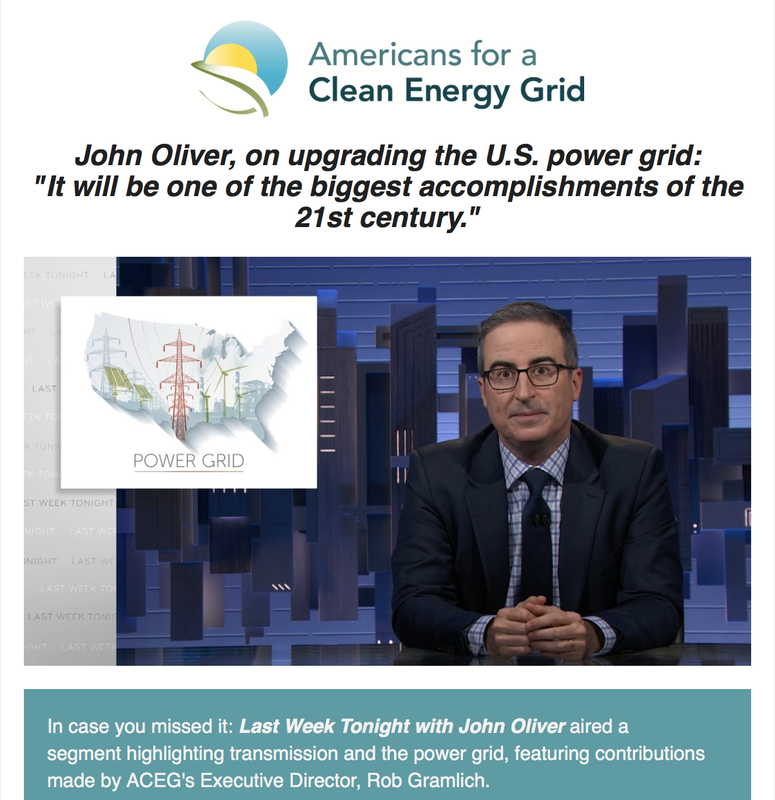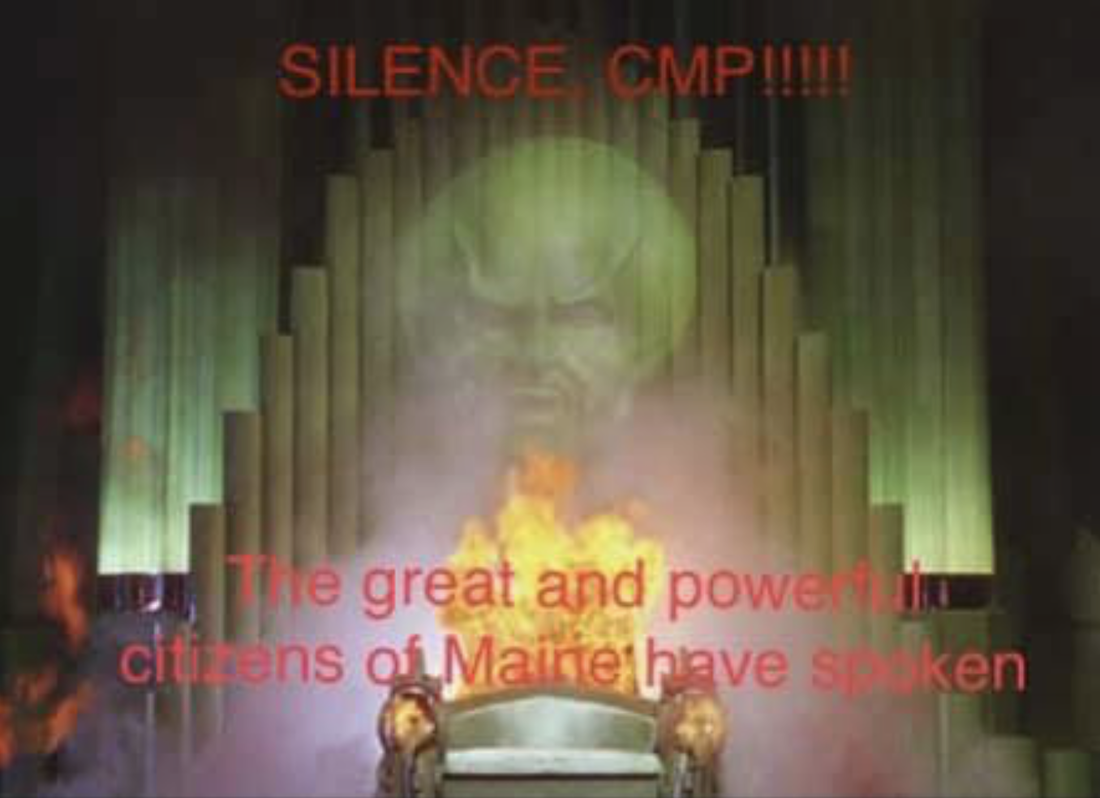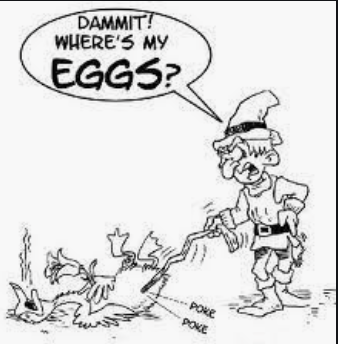The York Daily Record, a newspaper from maligned farmer Tim Jordan's area, published a story on the d*ckish event recently. And guess what? Tim Jordan simply doesn't care.
“I heard he called me a ‘dick’ on national TV,” Jordan said. “I’m a farmer, and I have too many things to do than chase down some guy who called me a ‘dick’ on television.”
He doesn’t watch comedian John Oliver’s “Last Week Tonight” regularly, and right now he doesn’t have time to watch it, working from dawn to dusk these days harvesting the crops on his family’s farm near Airville in southern York County.
And he simply doesn't care. He's got work to do.
It's a real shame that the insults of John and Rob, and those of their little sycophants who commented on the show's YouTube channel, failed to produce anything of substance. Nobody is intimidated. In fact, Tim would probably oppose another transmission project routed through his farm for the exact same reasons. No other farmer or rural landowner has been shamed into accepting transmission lines across their land, either. The opposition will continue, despite the insults hurled and the dirty games played by these arrogant d*cks.
I'm calling this one for Tim Jordan. He showed more class than the best of his critics. Carry on, Tim!







 RSS Feed
RSS Feed